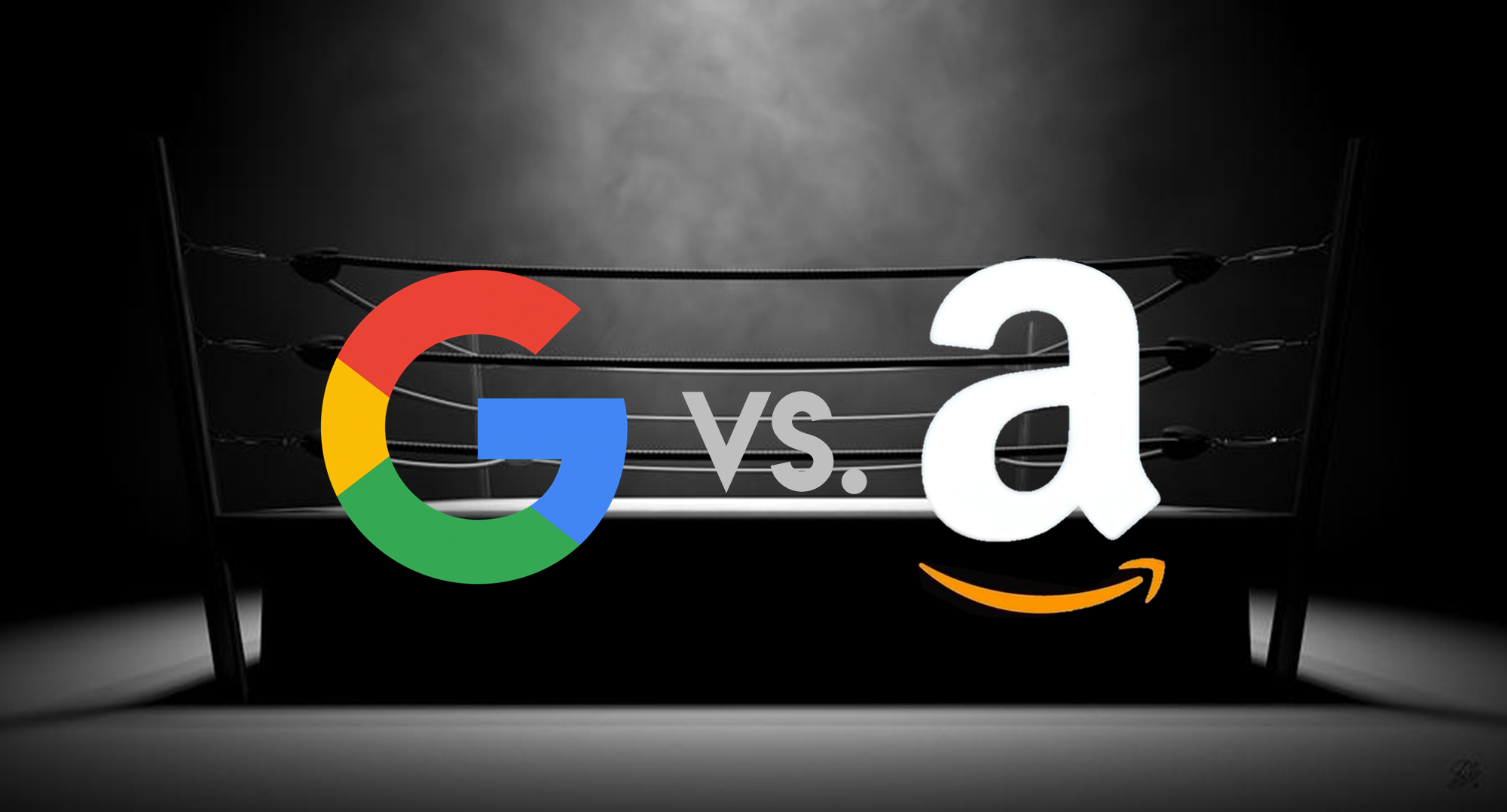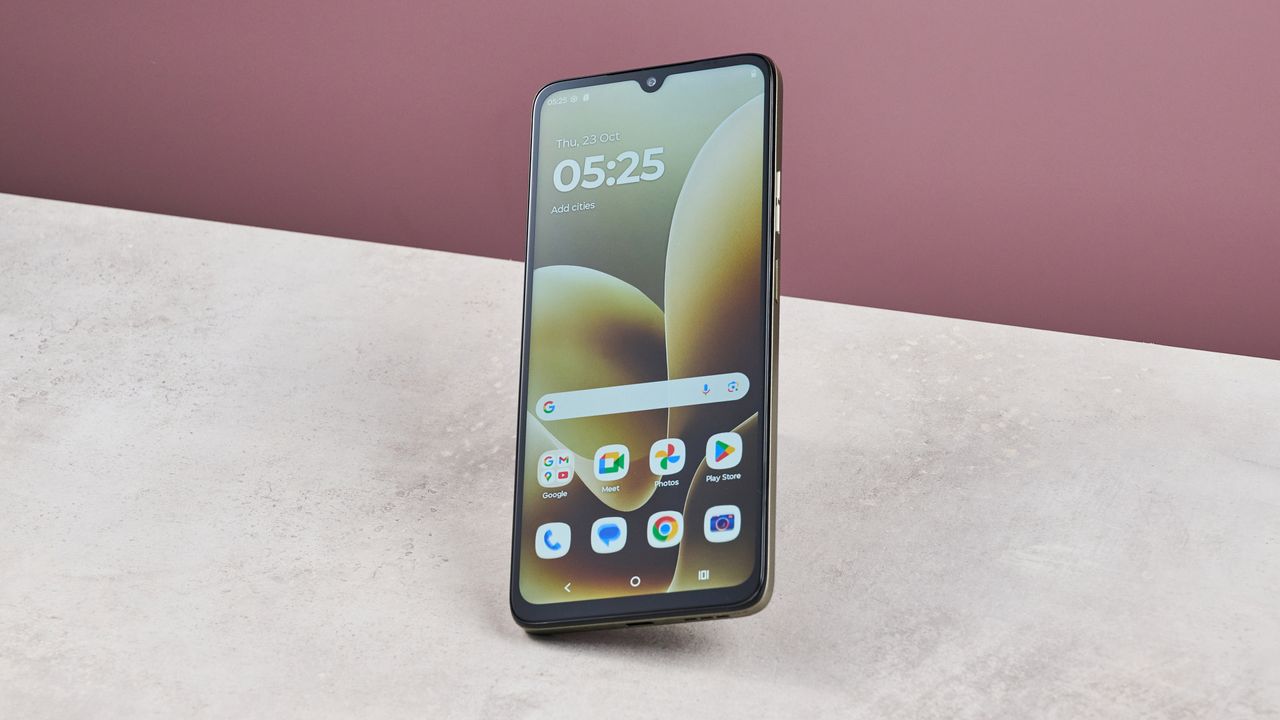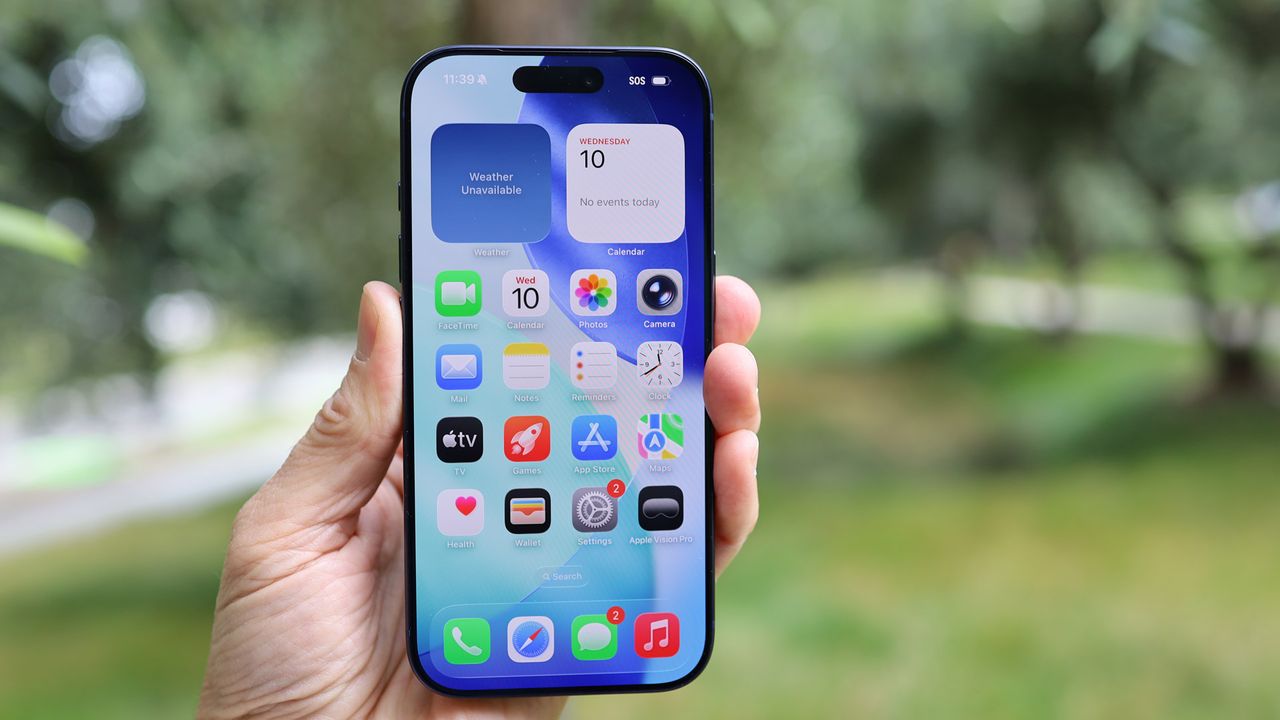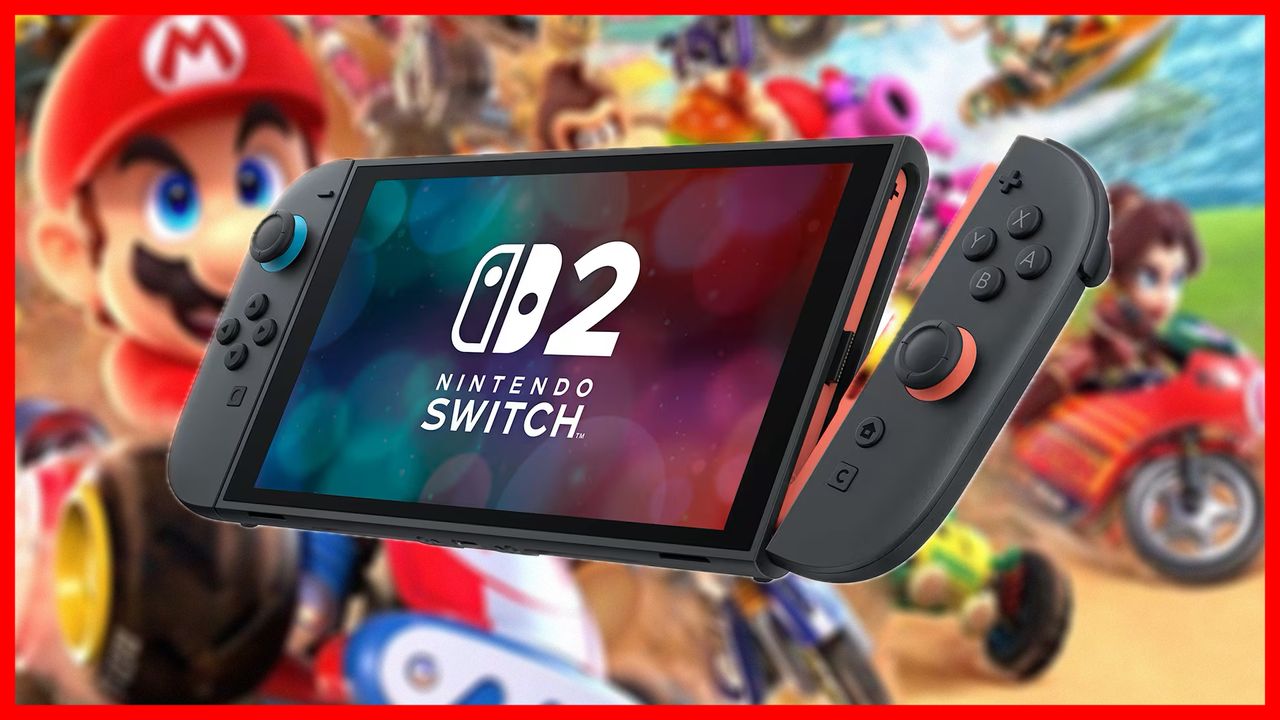
The Consumer Electronics Show has now become the venue for digital assistants to compete. Of course, Amazon’s Alexa took center stage in 2017, when Amazon unveiled a long list of product integrations, which included Ford vehicles and Whirlpool appliances. But, in 2018, Google presented with a huge stage, where they announced four new Google Assistant powered smart displays. But what will happen in 2019? Both Amazon and Google are expected to make a big splash this week. They also intend to show up “the other guy” to demonstrate that they are, in fact, the best in this particular arena. Making their cases will be extremely important at this year’s CES since the show has become a who’s who when it comes to the smart home industry.
Both companies have extended their reach and influence when it comes to voice assistants, but both need to broaden their messages and showcase their voice assistants’ capabilities. Including how to persuade more consumers that they need smart speakers as much as they need other devices – like smartphones.
Amazon might use CES as a platform to unveil new integrations or even features for its Fire TV streaming devices. Or Amazon might use CES as a way to promote Amazon Key, their in-home delivery service. But they could also use this opportunity to showcase their Ring home-security gadgets. That said, don’t expect a long list of new Amazon-branded devices. After all, they did introduce many of their new Alexa-powered devices in September, during their own event in Seattle.
Google might be gaining on Amazon when it comes to smart speakers. In mid-2017, Amazon controlled just over 70% of the U.S. smart speaker market. As of last month, the research firm eMarketer predicted that this number will drop to 63% in 2019, as competitors catch up. The Google Home speaker, for example, could reach 31%, while other speakers like the Apple HomePod, Sonos One would account for the remaining. That is why Amazon needs the CES spotlight in order to stop these numbers from dropping.
And if there’s any company that could make Amazon nervous, it’s Google. Google launched their first smart speaker back in late 2016. This was a full two years after Amazon unveiled the echo. But it has quickly captured almost a third of the US smart speaker market. Google has copied some of Amazon’s best ideas – like coming out with a small speaker known as the Google Home Mini to rival the Echo Dot. Then they introduced their own smart displays in order to compete against the Echo Show.
Last, but not least, Samsung’s Bixby has a lot of
Whether or not Amazon and Google will unveil anything new during CES 2019 this week, we can say that they are the only two in the arena right now. Whether or not this market will balance itself out, remains to be seen.



